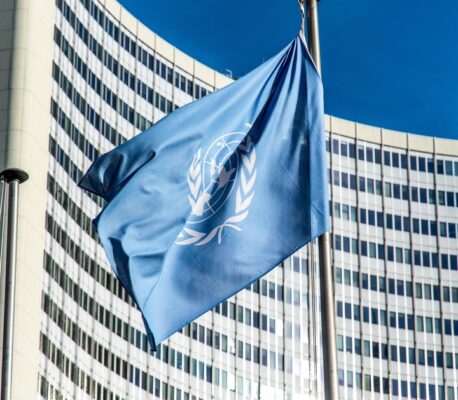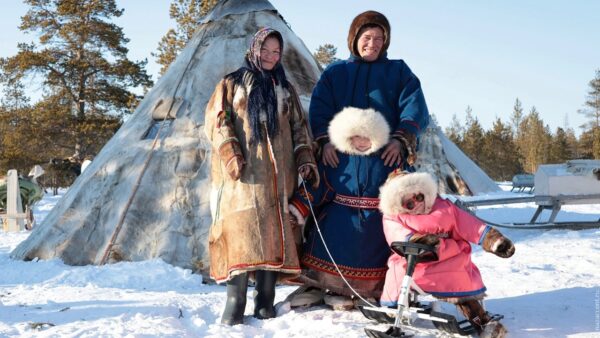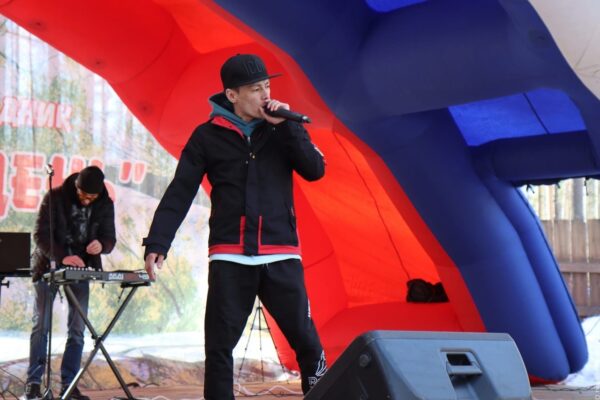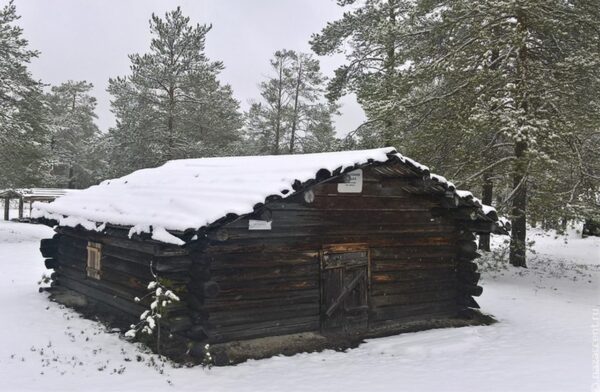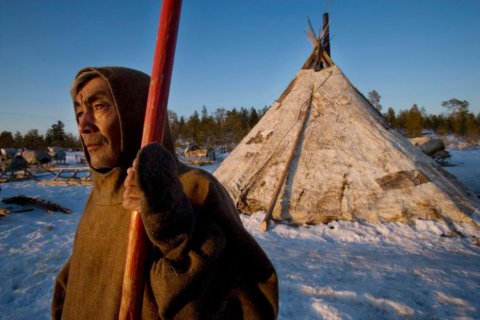
Mansi
Names
Autonyms of the Mansi are ‘maańśi’, ‘maańśi’, ‘maahum’, ‘mäńś’. Their neighbours the Khanty and Komi-Zyrians call them “Voguls” which through the Russian language has spread more widely. The ethnonym “Mansi” can be found in Russian sources since 1785 and it has become commonplace since the 1920s . The first mention of the Mansi as “Voguls” was in Russian chronicles in 1396.
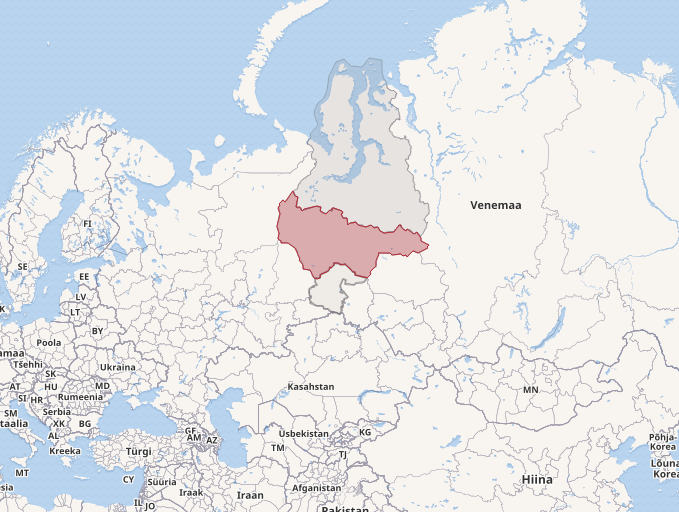

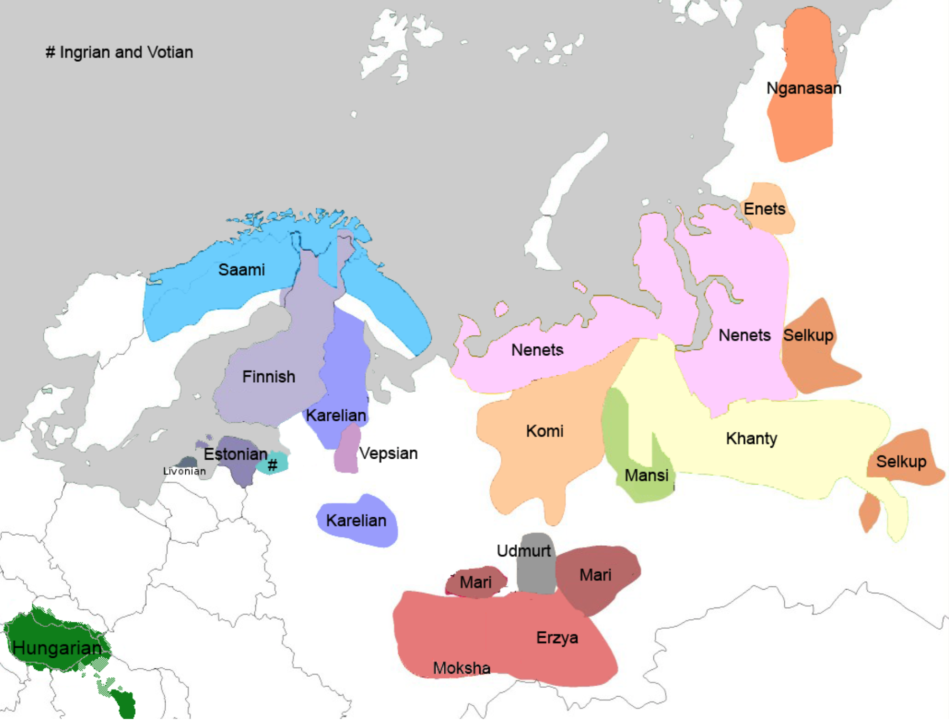
Territory
The Mansi live sparsely in a massive territory (523 100 km2) in northwestern Siberia between the Ural mountains and downstream of the Ob River, mostly in the Khanty-Mansi Autonomous Region of the Russian Federation, as well as partially in Yekaterinburg Oblast. According to Russia’s 2010 census, there were 12,269 Mansi, compared to 11,432 in 2002 (7.3% growth). Their mother tongue is spoken by a small proportion of them – in 2010, there were 938 speakers of the Mansi language.
The reason behind the population growth is the increase in state subsidies for persons living in, for instance, Khanty-Mansi Autonomous Region and who practise traditional livelihoods. These subsidies currently amount to 3,750 euros per person.
Due to the establishment of oil and gas fields on traditional Mansi lands, there has been an explosive growth in inward migration. Between 1938 and 1989, the population increased by 12 times. With the increase of new arrivals, the Mansi have become a tiny minority in their land: while in 1938 they made up 6.2% of the population, in 2010, their share was just 0.7%.
Modern Times
Aggressive industrial development has led the Mansi living environment to the brink of a catastrophe: millions of hectars of reindeer grazing areas have been destroyed and fishing waters have been polluted. Less than half of the Mansi are engaged in traditional livelihoods. The expansion of oil and gas fields often leads to forced evacuation of the Mansi to cities where they have major adaptation difficulties. The dominant attitude towards the Mansi is discrimination: they cannot find suitable jobs and they are being insulted. Alcoholism has reached mass proportions. The average life expectancy of a Mansi is 40-45 years and suicides are commonplace.
Language and Culture
The usage of the Mansi written language has remained very modest. As a language of education it has not established itself. Mansi children who mostly study in residential schools have been removed from their natural cultural and language environment and tend to become linguistically Russified. The national intelligentsia is usually not a carrier of its own culture. On the positive side, there is the law from 1992 that allows Siberian indigenous people to restore ownership of historical tribal lands. According to this law, industrial development on Mansi lands should require treaties and compensation payments.
Further references
Article from The Red Book of the Peoples of the Russian Empire
